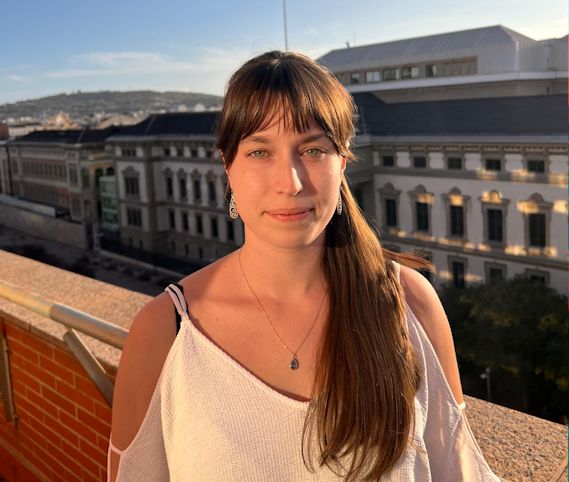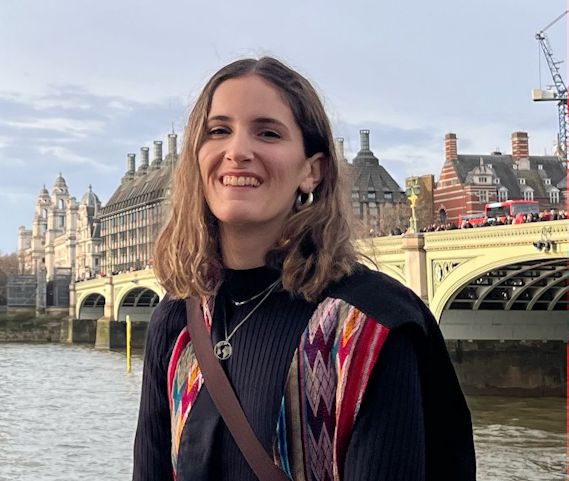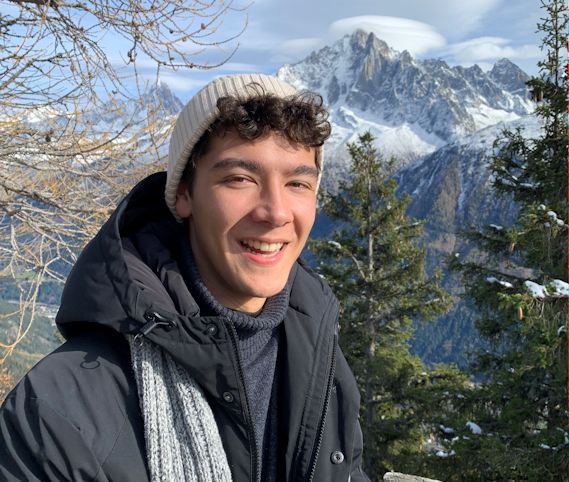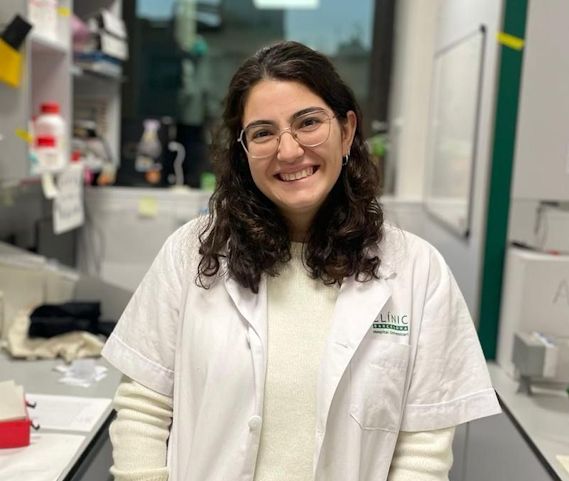


Tissue Remodelling, Fibrosis and Cancer
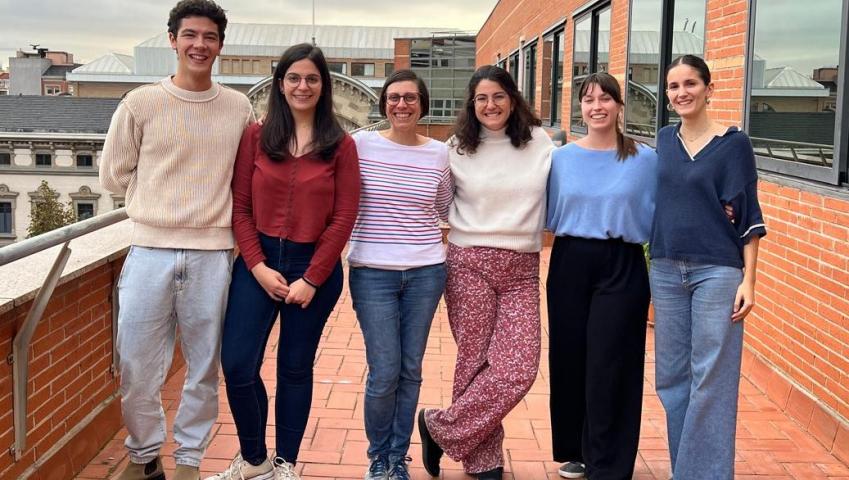
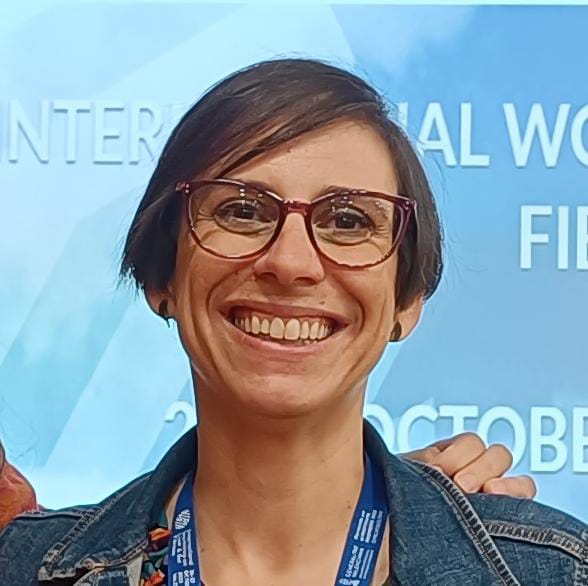
Welcome to our group profile. Led by Dr Moles, the Tissue Remodelling, Fibrosis and Cancer group has a transversal approach to science, with an enthusiastic and highly skilled team of researchers that enjoy doing science together and learning from each other every day.
For more detailed information please visit us at: https://trfclab.org
RESEARCH
Our research team focuses on the study of the tissue remodelling that occurs during the development, progression and resolution of chronic diseases, with a special emphasis on fibrosis and cancer. Tissue remodelling involves both the cellular components of the tissue and the extracellular matrix (ECM) in a complex interplay where both send signals to each other, triggering important biological events such as cell death/proliferation, ECM synthesis/degradation, regeneration and inflammation among others. Tissue remodelling takes place after any kind of injury and aims to restore the tissue homeostasis. Dysregulation of the tissue remodelling response due to chronic injury results in the abnormal accumulation of electrodense ECM, a process also called fibrosis. Fibrosis affects nearly all tissues and leads to the progressive replacement of the functional organ parenchyma by electrodense ECM, which can eventually result in organ failure. Hence, it is not surprising that fibrosis contributes to 45% of deaths in the Western countries. In addition, fibrosis predisposes to the development of tumours and cancer. There are currently no specific anti-fibrotic therapies available. For all these reasons our team focuses on identifying new cellular mechanisms that control the complex interplay between the different cellular components of the tissue (parenchymal cells, immune cells or fibroblasts) and the extracellular matrix during tissue remodelling in order to slow-down or reverse fibrosis and cancer.
Our main research lines are:
1. Identification of central and common regulatory mechanisms of hepatic and renal fibrotic diseases.
2. Study of the proteolytic networks controlling the progression and reversion of liver and kidney fibrosis.
3. Analysis of the degradome associated with the development and progression of liver cancer.
4. Design of therapies modulating proteolytic networks as novel treatments for fibrosis and cancer.
To fulfil our research goals our team has developed several technical areas of expertise over the years. We currently perform a wide variety of techniques in the laboratory, including isolation and tissue culture of primary cells and cell lines, several preclinical murine models of pathology, analytical and molecular biology techniques, confocal fluorescent microscopy and image analysis among others. In addition, we are currently working in increasing our knowledge and understanding of different omic analysis techniques.
SELECTED PUBLICATIONS FROM THE GROUP ON THE TOPIC:
Nat Commun 16, 1489 (2025). https://doi.org/10.1038/s41467-025-56024-4
Hepatology. Nov 12, 2024. https://doi.org/10.1097/HEP.0000000000001160
Explor Dig Dis. 2024;3:428–442. https://doi.org/10.37349/edd.2024.00059
Mol Metab. 2024 Sep:87:101989. doi: 10.1016/j.molmet.2024.101989
J Hepatol. 2023 Oct;79(4):1025-1036. https://doi.org/10.1016/j.jhep.2023.05.045
Explor Dig Dis. 2023;2:1–10. https://doi.org/10.37349/edd.2023.00013
Hepatology. 2022 Feb;75(2):353-368. https://doi.org/10.1002/hep.32140
J Hepatol. 2021 Nov;75(5):1192-1202. https://doi.org/10.1016/j.jhep.2021.06.031
Cells. 2020 Apr; 9(4): 979. https://doi.org/10.3390/cells9040979
Nat Commun 9, 5343 (2018). https://doi.org/10.1038/s41467-018-07741-6
Front Cell Dev Biol. 2017 Dec 19;5:114. https://doi.org/10.3389/fcell.2017.00114
Sci Rep 6, 27112 (2016). https://doi.org/10.1038/srep27112
Sci Rep 6, 20101 (2016). https://doi.org/10.1038/srep20101
J Biol Chem. 2012 Jan 6;287(2):1178-88. https://doi.org/10.1074/jbc.M111.272393
Am J Pathol. 2010 Sep;177(3):1214-24. https://doi.org/10.2353/ajpath.2010.091257
Hepatology, 2009 Apr;49(4):1297-307. https://doi.org/10.1002/hep.2275
TRAINING AND DEVELOPMENT OF THE TEAM MEMBERS
Our group is committed to the training and development of the younger generation of scientists and believes it is a fundamental part of our job as researchers. We have trained several master and postgraduate students, which have successfully gone on doing their PhDs in Spain and abroad (Newcastle University, UK; University College of London, UK; Instituto de Neurociencias de Alicante, Spain; Industrial PhD at Novo Nordisk, Denmark) as well as PhD students who are currently actively researching in senior positions in both academia and industry. Our team provides support to students on a one-by-one basis, assessing their development needs to reach their personal and professional goals. As part of broader training activities we regularly teach at the Master of Translational Medicine of the University of Barcelona and have recently organized and delivered one of the teaching modules of the first “Research School” organized by CibereHD
PUBLIC ENGAGEMENT
It is paramount for the progress of our research to successfully communicate to the public. We regularly participate in several public engagement activities (Science Week IIBB-CSIC) and deliver talks and workshops at schools. As an example, we have organised and participate in a joint scientific workshop in collaboration with “Tecletes” for the Woman in Science Day 2022 to bring science closer to children and draw attention to the work of female scientists. Due to the success of this activity, we will repeat it annually.
https://tecletes.org/2022/02/celebrem-el-dia-de-la-dona-i-la-nena-en-la-ciencia/
https://tecletes.org/2022/02/jornada-de-la-ciencia-en-femeni/
https://tecletes.org/2023/02/dona-ciencia-2a-edicio/
https://tecletes.org/2025/01/dona-ciencia-3a-edicio/
CONTACT
If you like what we do, we are always keen to recruit new lab members, so if you are interested, please contact us (ana.moles@iibb.csic.es)
We regularly collaborate with other researchers and the public, so if you would like to collaborate with us, please be in touch (ana.moles@iibb.csic.es)
-
Associated Personnel
